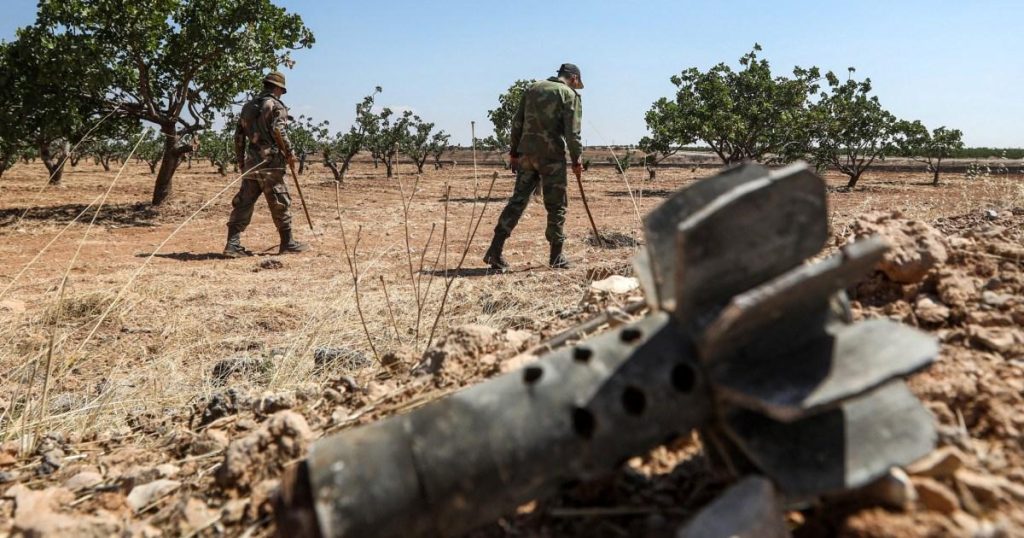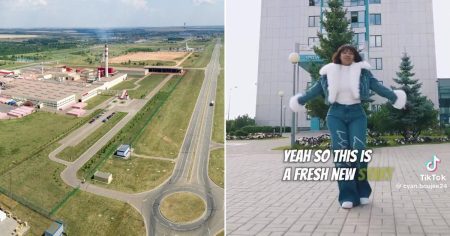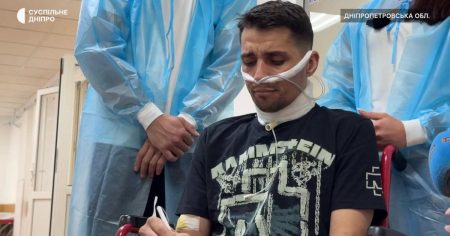The collapse of Bashar al-Assad’s regime in December 2024, rather than ushering in an era of peace and reconstruction, has unveiled a hidden danger lurking beneath the surface of Syria: landmines and unexploded ordnance. These remnants of a brutal civil war have transformed into silent killers, claiming the lives of returning refugees and innocent civilians, particularly children, who are unknowingly stepping into these death traps. The sheer scale of the contamination is staggering, with hundreds of miles of land riddled with explosive devices. These lethal hazards are not confined to remote battlefields but permeate everyday life, lurking in residential areas, playgrounds, schools, and even hospitals. The tragedy of this situation is amplified by the fact that many of the victims are returning refugees who, after years of displacement, are unaware of the hidden dangers that await them in their homeland.
The HALO Trust, a landmine clearance charity, has painted a grim picture of the situation, reporting dozens of casualties in a single week, including numerous children. The stories of these victims are heartbreaking, such as the 12-year-old boy whose leg was blown apart while playing with his grandfather, a permanent reminder of the war’s devastating legacy. Despite safety warnings issued by organizations like HALO, the tide of returning refugees is unrelenting, driven by a desperate yearning to reclaim their homes and lives. Mouiad Alnofaly, HALO’s operations manager in Syria, describes a nation blanketed in explosive debris, emphasizing the urgent need for increased demining efforts to prevent further loss of life. His personal journey, returning to Syria after 11 years of exile, underscores the profound emotional pull of home, even in the face of such pervasive danger.
The magnitude of the landmine crisis is likely underestimated, as many incidents occur in remote areas with limited access and reporting capabilities. The HALO Trust’s register of verified accidents offers a chilling glimpse into the scale of the problem, detailing incidents across the country. Car bombings, accidental detonations while playing or working – the scenarios are varied, but the outcome is often tragically the same: death or serious injury. These incidents highlight the indiscriminate nature of these weapons, which continue to claim victims long after the conflict has officially ended. The desperate need for increased resources and international support to tackle this crisis is undeniable.
HALO, despite operating in numerous countries globally, faces an overwhelming task in Syria with a small team of only 40 deminers. The surge in calls for assistance following the regime change reflects the growing awareness of the landmine threat and the desperate need for intervention. Mouiad Alnofaly stresses the urgency of expanding the demining team to at least 400 personnel, highlighting the daunting prospect of decades of clearance work if resources remain inadequate. He draws a parallel with the international support provided to Ukraine following the Russian invasion, urging a similar level of commitment to address the landmine crisis in Syria. The complexity of the Syrian civil war, with its multitude of armed factions, adds another layer of difficulty to demining efforts, currently limiting HALO’s operations to the northwest region, where the organization has been working since 2017.
The ongoing landmine crisis in Syria presents a formidable challenge to the nation’s recovery and the safety of its people. The pervasive nature of the contamination, impacting not just former battlefields but also civilian areas, underscores the long-term consequences of conflict and the urgent need for comprehensive demining efforts. The stories of the victims, many of whom are children and returning refugees, humanize the statistics and underscore the devastating impact of these hidden weapons. The HALO Trust’s efforts, while commendable, are severely constrained by limited resources, highlighting the need for increased international support.
The call for greater international involvement echoes the assistance provided to other conflict zones, emphasizing the shared responsibility of the global community to address this humanitarian crisis. The future of Syria hinges on addressing this hidden threat, allowing its people to rebuild their lives and their country without the constant fear of sudden death or dismemberment. The landmine crisis represents not just a physical danger but also a psychological scar on the nation, a constant reminder of the war’s enduring impact. The world must not turn a blind eye to this silent killer, and a concerted effort is needed to ensure that Syria’s future is not mined with tragedy.











